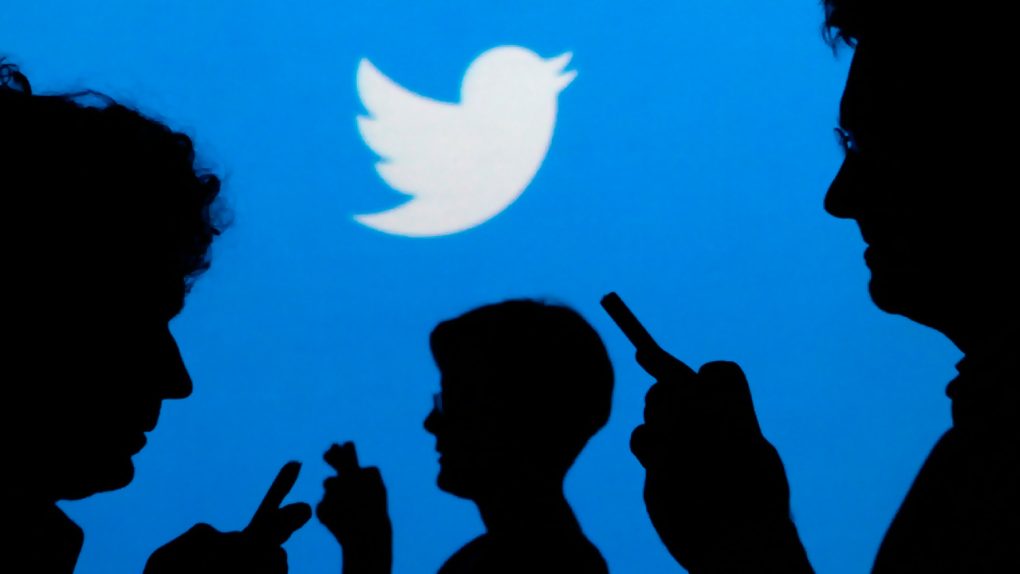Twitter and bots are like flies and horse manure, and anyone who has spent more than one month on President Trump’s favorite social media platform knows that they’re absolutely everywhere. According to a report in the Washington Post, Twitter has stepped up its anti-bot enforcement game, banning 70 million bots in the last two months alone.
The company confirmed the numbers to the Post just in time for a Friday 5PM news dump, which isn’t surprising. Twitter obviously doesn’t want to admit that a big portion of its monthly users — the key stat it cites to investors and advertisers — are, in fact, bots. The recent bans may have such a significant impact that they’ll cause a net drop in monthly users for the second quarter, which is likely to spook investors just a little.
The account suspensions are part of a wider pattern of cracking down on abusive behvior, according to the Washington Post, but there’s also a more specific reason for the timing:
Twitter’s growing campaign against bots and trolls – coming despite the risk to the company’s user growth – is part of the ongoing fallout from Russia’s disinformation offensive during the 2016 presidential campaign, when a St. Petersburg-based troll factory was able to use some of America’s most prominent technology platforms to deceive voters on a mass scale to exacerbate social and political tensions.
Tech companies have been moving aggressively in recent months to safeguard their platforms against influence operations by Russian troll farms and bot nets. Apple has added a “fact-based” news section to the Apple News app to cover the midterm elections, while Facebook’s struggle with fake news are well documented.










